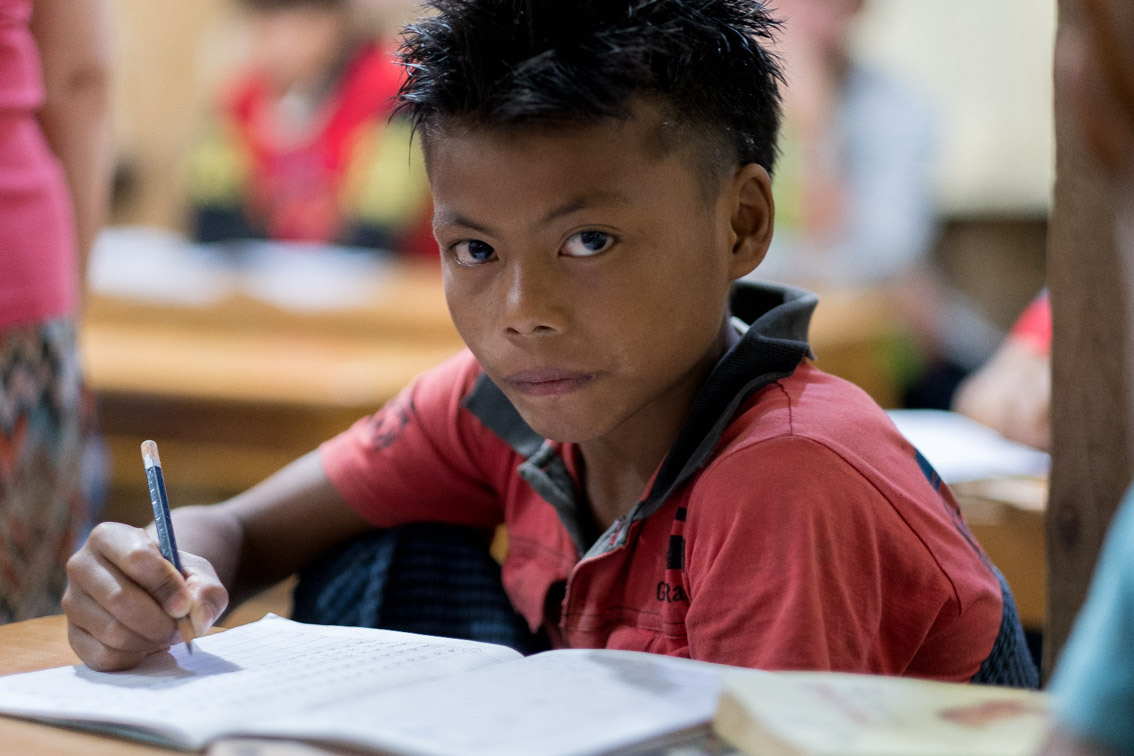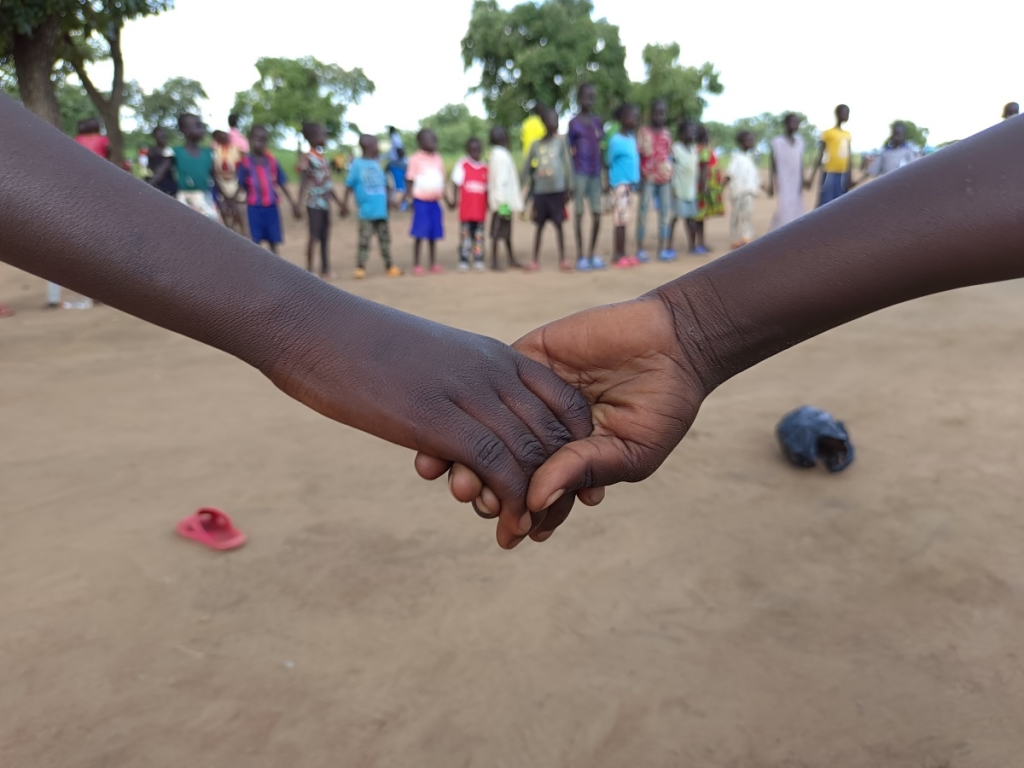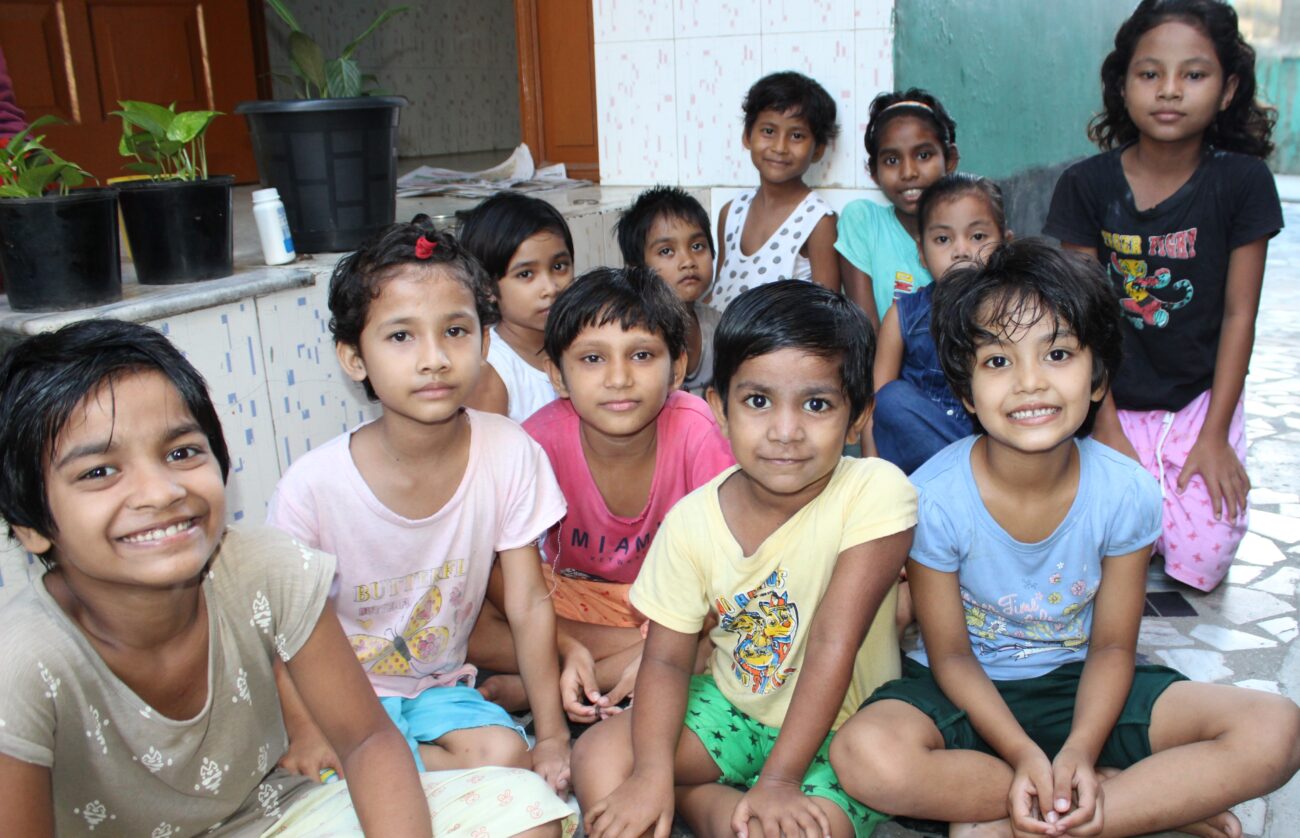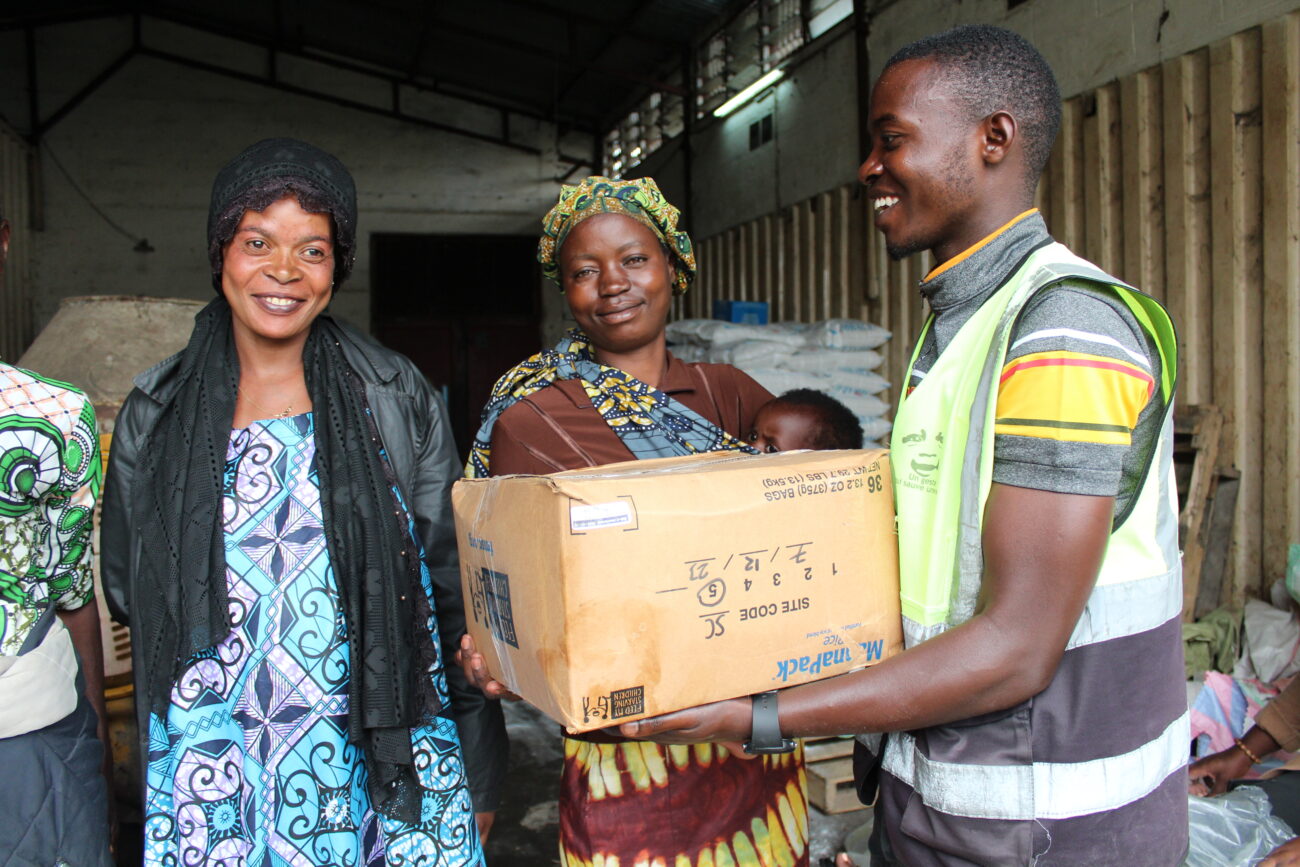MYANMAR: Donation through Salesian Missions helps provide social services and education for at-risk youth

(MissionNewswire) Salesian missionaries operate 10 centers throughout Myanmar to help those who are poor, marginalized and in need of education. One project that recently received donor funding through Salesian Missions is the Human Dignity Street Children project at Don Bosco Youth Center in Mandalay.
Funding went to support food, clothing, shelter, healthcare and education for at-risk youth who were waste pickers, beggars and child laborers who are now living at the Don Bosco temporary shelter. This funding also helped send 27 youth to school and enabled Salesian missionaries to protect 70 children from abusive situations and provide them shelter. It also supported additional youth by providing them access to job training and connections to employment. Funding further helped to support programs for incarcerated youth, impacting 350 boys and 72 girls in prison.
“The work of Salesian missionaries in Myanmar and in programs around the globe goes beyond education,” says Father Mark Hyde, director of Salesian Missions, the U.S. development arm of the Salesians of Don Bosco. “We aim to serve the whole person by making sure that basic needs like health and nutrition are met in addition to other social service needs.”
The city of Mandalay has a number of street children who live on the margins of society in inhumane conditions. These youth have no access to education, use drugs, feed on scraps of food and only rarely find small jobs. Stealing is commonplace. The juvenile prison is in a pitiful condition with a scarcity of food and no medical care. The only educational services offered in the penitentiary are carried out by Salesian missionaries.
Don Bosco Friend Youth Center was created as a safe haven for street youth to avoid juvenile prison by accessing shelter, proper nutrition and education. The facility, which operates 24 hours a day, is directed by Father Peter Myo Khin and employs six staff. It provides temporary shelter, food, healthcare and formal and informal education.
Close to 30 boys, aged 4 to 18, live at the center permanently while dozens more access services on a drop-in basis. If the boys in the center do not want to attend school, they can pursue an informal education at the center. Of the 30 boys currently attending the program, 22 are being formally educated while eight have chosen an informal education path.
“This is a life-changing program for youth living on the streets in Mandalay,” says Fr. Hyde. “There is an outreach program, which is the first step in helping youth and giving them a better life beyond the streets. Once in the program, the youth center is a safe place for the boys where they can access the services and support they need and ensure they gain an education.”
Myanmar is one of the least developed countries in the world, ranking 145 out of 188 countries according to the 2017 Human Development Report. Just over 37 percent of the population live near or below the poverty line in the country. Poverty rates rise sharply to 70 percent for those living in rural areas. Only about half of school age children complete their primary education.
Salesian missionaries are responding to the needs of children, youth and their families who are in crisis. Not only do programs address desperate poverty, but they also serve people whose lives have recently been impacted by natural disasters and a refugee emergency.
###
Sources:
Salesians of Don Bosco – Myanmar
World Bank – Myanmar




